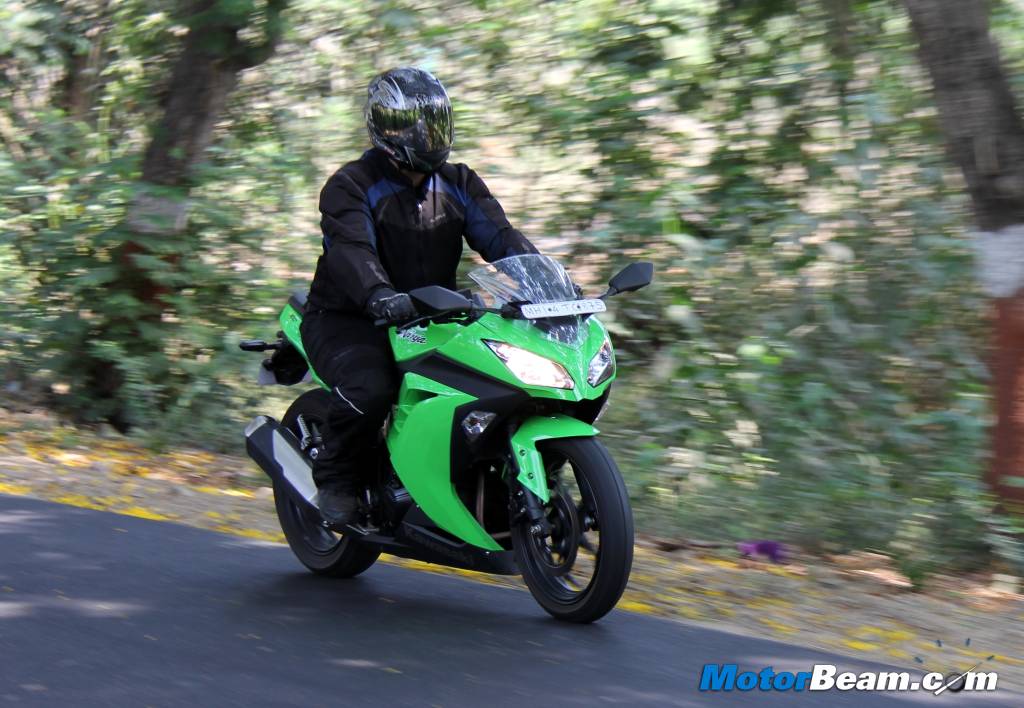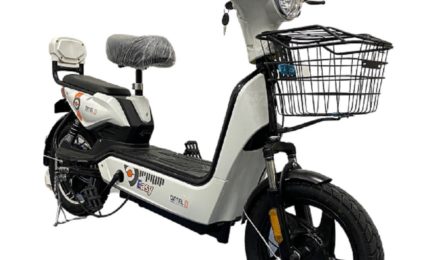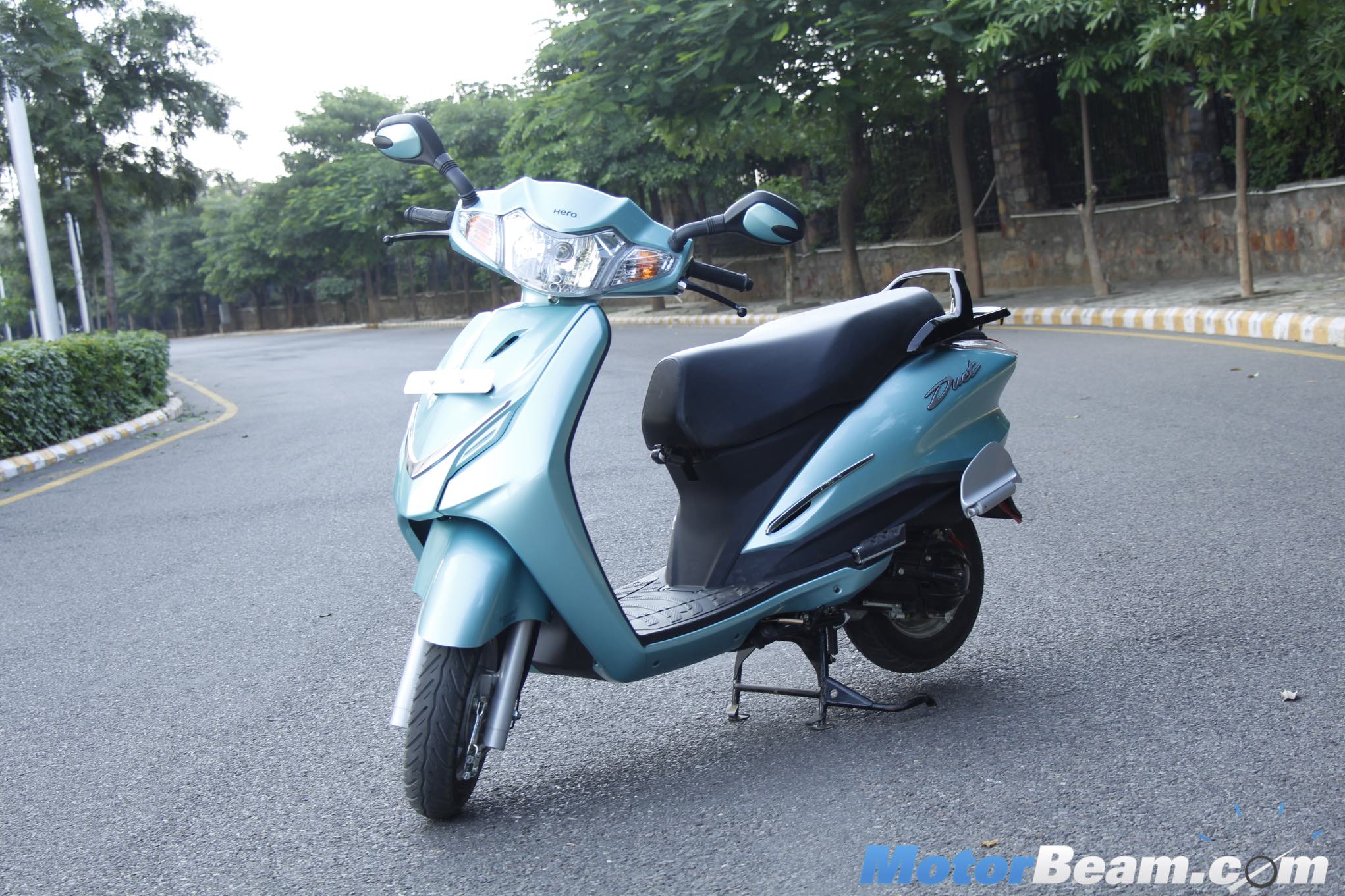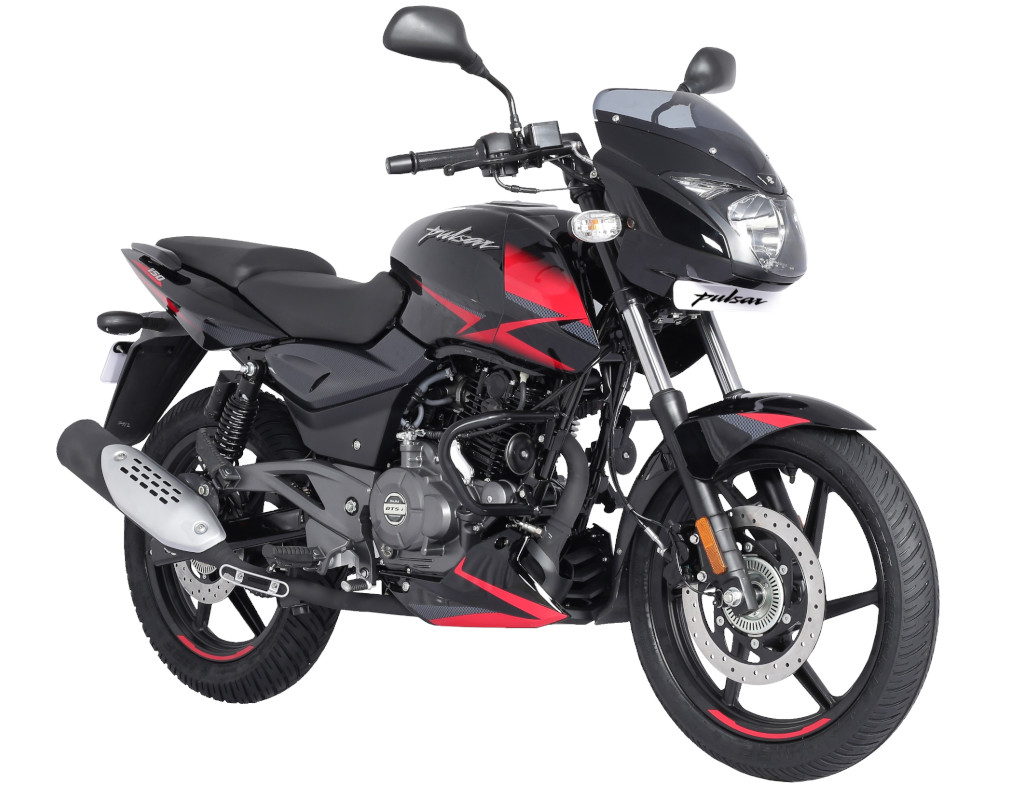The rising fuel prices has now made public transportation quite expensive and in order to make things easier and cheaper, start-ups like Letsride And Ridingo can get you a pillion seat to travel on for Rs. 5 per km.

Entrepreneurs these days are finding it really hard to come up with newer business ideas in this competitive and fast moving market. Few major reasons for such a setback are either because their ideas are already in use by others or they are short on capital in order to fund their ideas. Finding sponsors is also becoming tough these days because now they look for something really out-of-the-box and something which can earn them hefty profits. And, in the pursuit of such ideas, entrepreneurs are digging deep in the market to understand customer’s requirements.
Recently, there has been a growing trend amongst commuters for sharing their vehicles, especially cars, with others who might be travelling to the same destination. Start-ups like BlaBlacar provide users with a car pooling platform where commuters sharing the same route can get in touch. But, since a car requires more people to achieve economic viability, there are two new start-ups that come into the picture. Letsride and Ridingo provide a platform through which two people can get in touch and share a rider on either’s bike (bike pooling). All it takes is two to complete the quorum!
Ridingo is an app that was launched in Bengaluru only a month back and is now catching fire with over 10,000 downloads already and has registered over 250 rides till date. Aravind Sanka, an IIT alumnus, along with Pavan Guntupalli and Rishikesh Ramanath are the people behind this success who also have a truck on-demand service, The Karrier. The riders have a fixed price to charge from the users, which is Rs. 5 per km.
Letsride is now a year old that operates in Pune and Bengaluru and has seen as many as 10,000 rides till date and is about to launch an app with an integrated payment solution to facilitate cashless transaction amongst users. Letsride lets the riders to decide and charge their own prices from the users.
The two start-ups ponder upon the fact that two-wheelers occupy a whooping 72 percent of the total vehicle population in the country. They are cost effective and are rather, better in terms of tackling the traffic as well. The growing culture of safe-riding in our country also adds to their ideology. They are currently in pursuit of funds so that they can take this start-up to a national level and market it in a much better manner.
In the end, most of us would now perhaps raise a lot of questions upon the safety and security of the pillion who has opted to ride with a stranger and that’s exactly what these start-ups have figured out. Ridingo, for instance, is hand-picking the riders and also plans upon using GPS aids to keep a check on the speeds and penalise, if caught over-speeding. The bike is also inspected before-hand and the rider is supposed to pass a riding test. What we can decipher from this is that, the safety and security issues are quite well-addressed and hopefully they should be successful in the years to come.





